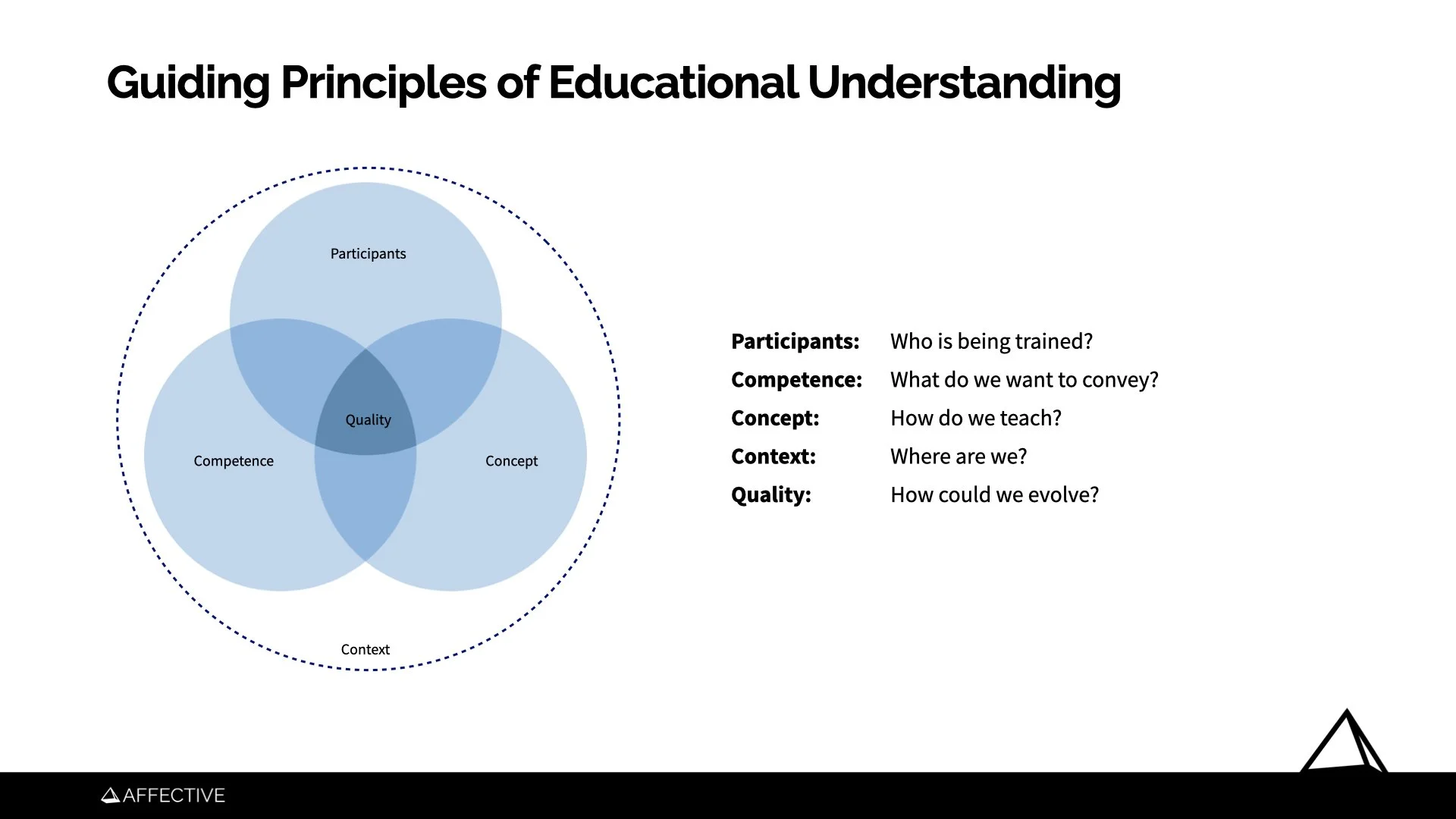
CYP
What are the building blocks of an innovative and behavioural science-informed education strategy?
Private Organisation | Education Strategy | Quality Management System | Behavioural Insights | Quantitative Research
Context
In the context of vocational training, aligning educational experiences with students’ needs as well as organisational goals is key. Together with the Swiss Banking education provider CYP, we developed an innovative, science-based education strategy, embedding behavioural insights across the entire development cycle.
Challenge
What are the building blocks of an innovative and science-based education strategy and how can it be informed by behavioural science?
The challenge was to uncover students’ preferences, develop core educational principles, translate them into concrete behavioural guidelines, and integrate the strategy into a quality management system. The strategy was intended to ensure consistent implementation across all levels of teaching, including modules, trainers, and methods. The solution had to support continuous improvement, satisfy quality assurance standards, and remain practical for everyday use.
Approach
First, Affective identified key success and motivational factors for bank apprentices based on scientific research.
Second, we designed a tailored student survey to explore how these factors play out at CYP - uncovering both stated (explicit) and revealed (implicit) learning preferences among current CYP students (inside-out).
Third, drawing on behavioural insights, banking sector priorities and CYP’s mission, we defined core educational principles to serve as a strategic foundation.
Fourth, these principles were translated into concrete guidelines for module structure, trainer behaviour and teaching/learning methods - informed by an extensive desk research (outside-in).
In the last step, the learning design was embedded into CYP’s quality management system as a measurable element, supported by tailored evaluation methods aligned with the core educational principles.
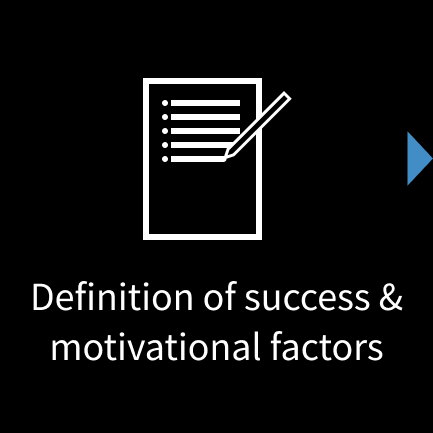
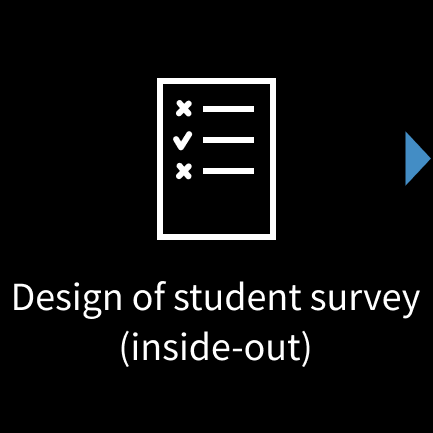
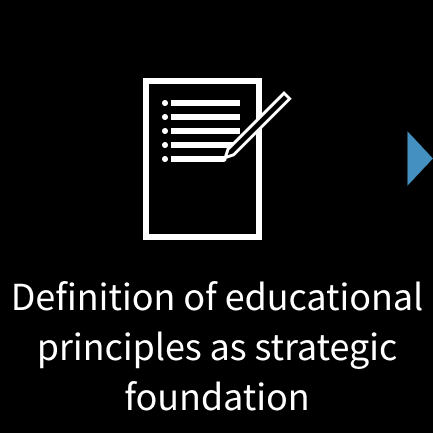
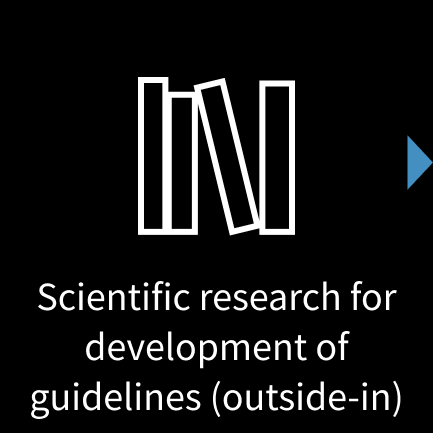
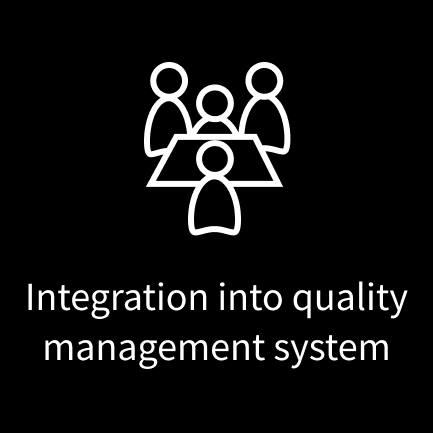
Concepts
Based on extensive desk and primary research, key concepts from behavioural science and related disciplines that informed the education strategy include:
Neuroplasticity
Problem-based learning
Scaffolding technique
Differentiated instruction
Deliverables
The project resulted in two key outcomes that ensure CYP’s education strategy is innovative and science-based.
The first one is the development of an internal framework that clearly articulates the educational principles and translates them into concrete structural and behavioural elements - forming the basis of CYP’s learning design. This document now guides the team responsible for curriculum development and supports the formulation of course catalogues, ensuring consistent implementation of the strategy across all modules and trainers.
The second outcome was the development of an evaluation approach to assess the effectiveness of the education strategy within CYP’s quality management system. This included the development and analysis of a student survey, which enabled targeted improvements to the learning experience for students. Building on its success, the survey is now conducted annually by CYP’s internal team, enabling continuous monitoring of student feedback, preferences and evolving expectations.
All elements are now embedded in CYP’s ongoing programme development and support science-based, learner-centred and strategy-aligned education.
Picture 1: Model of the education strategy with central components and their interaction.
Reference
"Our collaboration with Affective has lasted over three years and has had a profound influence on our educational strategy, shaping how we think, communicate, and design our work with young students.
What sets them apart is the combination of intellectual clarity, professional presence, and the ability to build trusting relationships. Every meeting was not just productive, but energising - marked by curiosity, humour, and a strong sense of shared purpose. Working with them feels like having a true thought partner by your side.“
Simon Stadler, CEO, CYP
